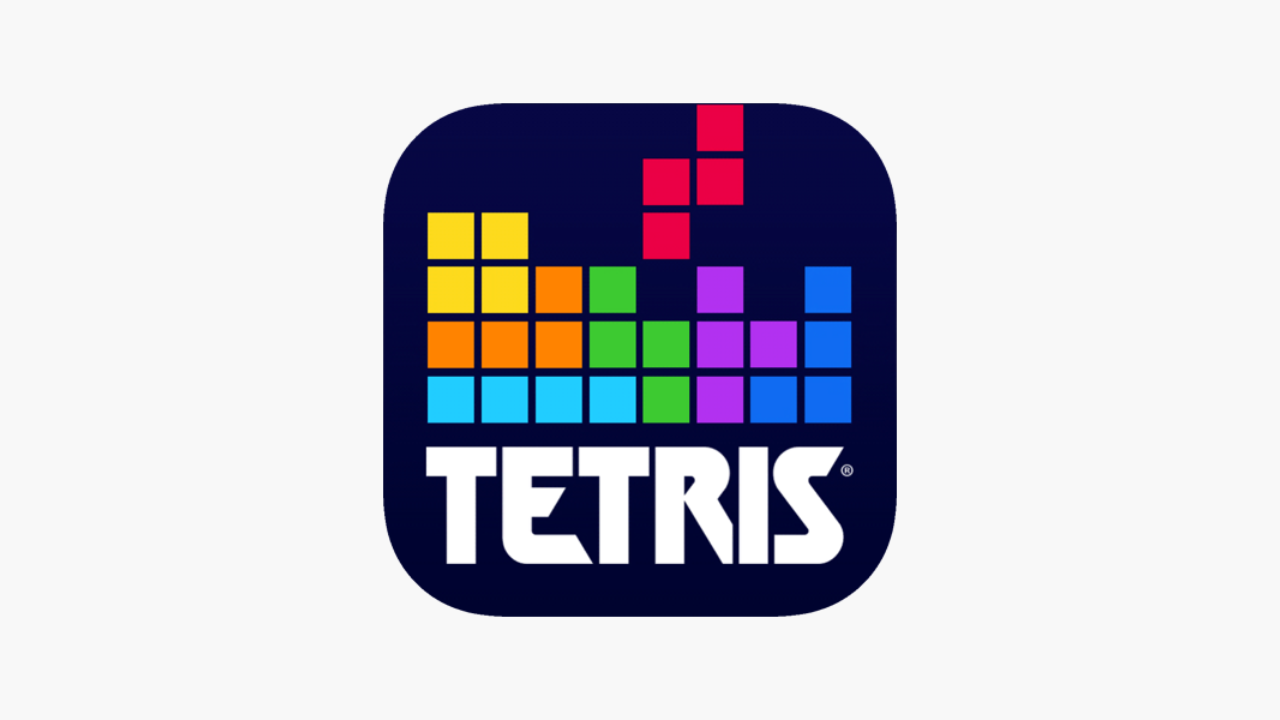Playing this game 90 minutes before bed can help you sleep better, experts reveal
Did you know this?


With so much many sleep hacks out there, it's hard to know what will truly work in the battle against insomnia. Whether it's eating pineapple before bed, sewing a tennis ball onto the back of your pyjamas or taping your mouth, the differentiating advice can be overwhelming, especially when you don't know where to start. However, it has been suggested that there's in fact a game that can help improve sleep quality, and there's even been studies to prove it.
As one of the most addictive games ever created, Tetris is a simple game that allows players to rotate and drop four-block shapes into place to create orderly rows. It was an instant success back when it was created in 1984, but the game in believed to help improve sleep quality, known as 'The Tetris Effect'.
The Tetris effect occurs when something that we focus on for extended periods of time starts appearing in our thoughts, perceptions and dreams. The term was first coined by journalist Jeffrey Goldsmith in his Wired magazine article “This Is Your Brain on Tetris” in 1994.
After focusing on Tetris for longer periods, players start seeing forms that can be flipped and arranged, just like in the game, in everyday objects such as cereal boxes or buildings, as their minds seem to continue playing even after they have finished the game. When we play Tetris for hours on end, our brain starts creating new neural pathways that allow us to recognise patterns with less effort and get better at the activity.

To avoid the impact of blue light tricking the brain into thinking its daytime and impacting your sleep, it's advised to play Tetris at least 90 minutes before you plan to go to bed.
Courtney Beatey, from PracticalPie.com, explains this further: "The Tetris effect occurs whenever we spend a lot of time on an activity that involves repetitive images, thoughts, or movements. In many cases, this effect can be used to our advantage. It can help change habits by choosing what we want our brains to focus on.
"A study by Dr. Jane McGonigal suggests that sleep quality can be improved with the help of the Tetris effect. The key is to train our minds to concentrate on relaxing thoughts and images associated with sleep. Once the brain is used to focusing on these images repeatedly, we are less likely to get distracted by stressful thoughts. Repetitive actions like meditating or even visualising Tetris blocks falling into place will instruct our brain to recognise these moments as prerequisites for sleeping.
Get all the latest news, reviews, deals and buying guides on gorgeous tech, home and active products from the T3 experts
Courtney continues: "We naturally remember negative experiences better than pleasant ones and this tendency is known as negativity bias. The Tetris effect, which in itself is a form of habit, can be used to help us pay more attention to positive things. It can function as the brain’s defence against negativity bias. For example, by regularly practicing gratitude we can train our brains to remember the positive sides of events and get rid of a negative mindset."
However, people should be mindful to combine playing Tetris with other relaxing hobbies before bed, such as reading or journaling, to ensure you have the best chance of a restful night's sleep. Check out these 7 tips for creating a productive and relaxing reset routine before bed for more information on this.
Before you go, check out our guides to the best mattress, best pillow and best duvet for a great night's sleep.

Lizzie is T3's Home Living Staff Writer, covering the latest in smart home, lifestyle and beauty tech. From skincare gadgets to vacuum cleaners, she's your go-to for trends and top recommendations.
When not writing, Lizzie enjoys mooching around Bath, spending time with loved ones, or testing her review units – often during an enthusiastic cleaning spree!